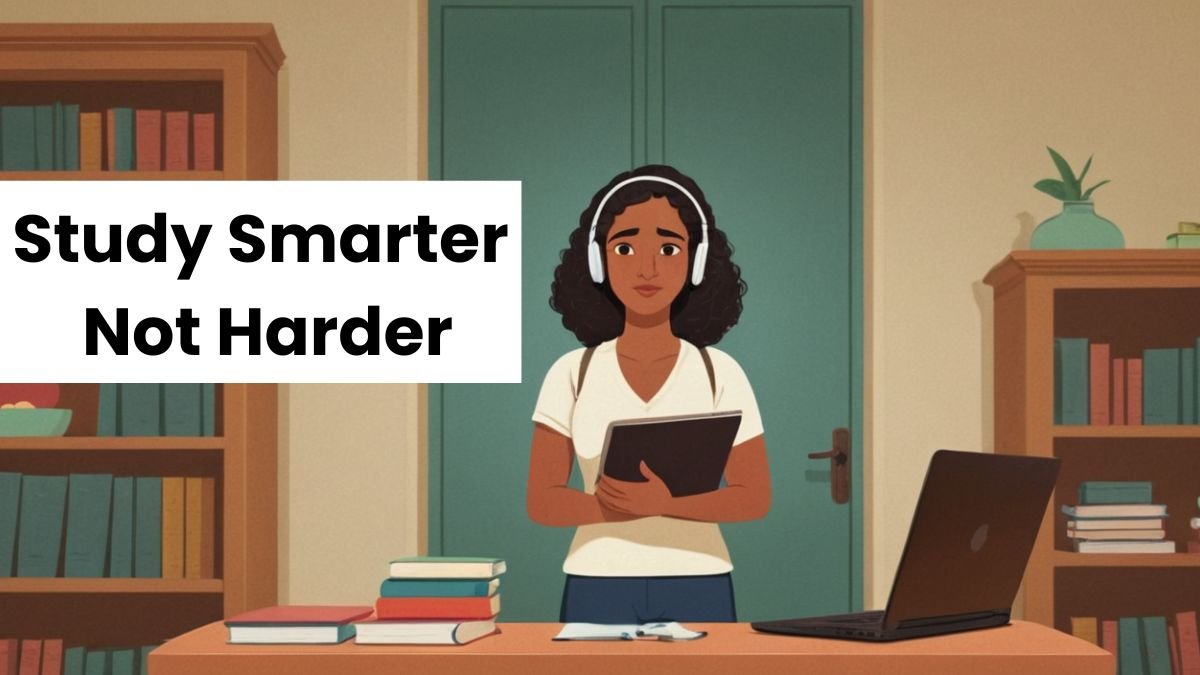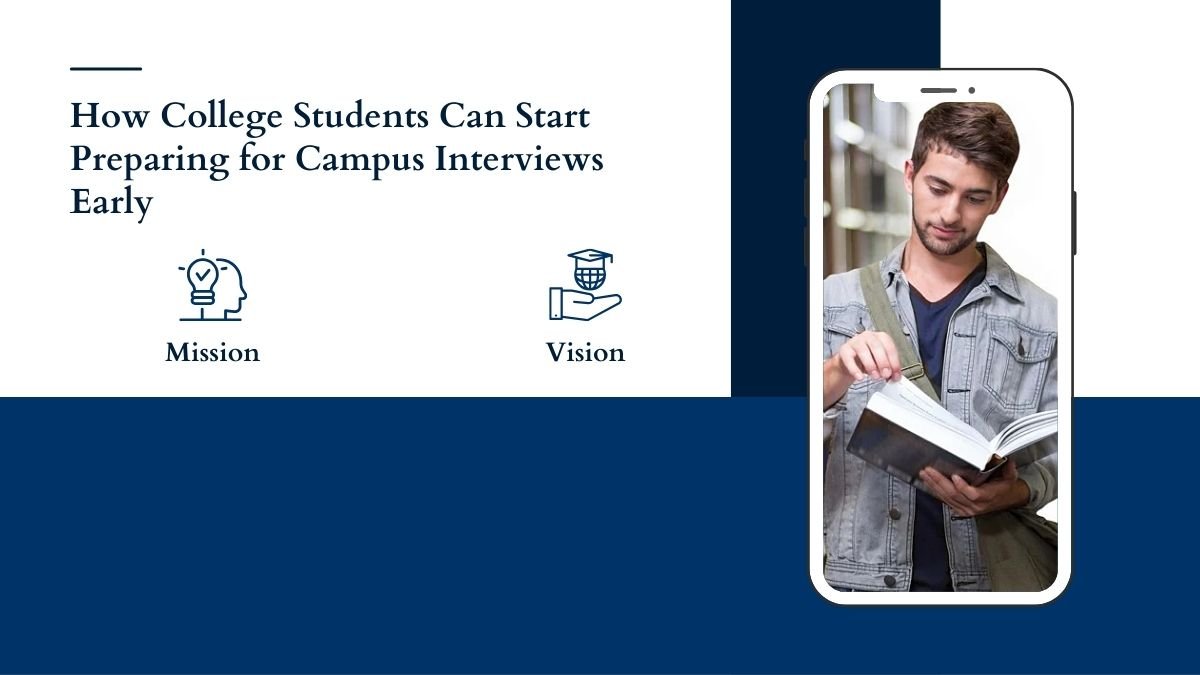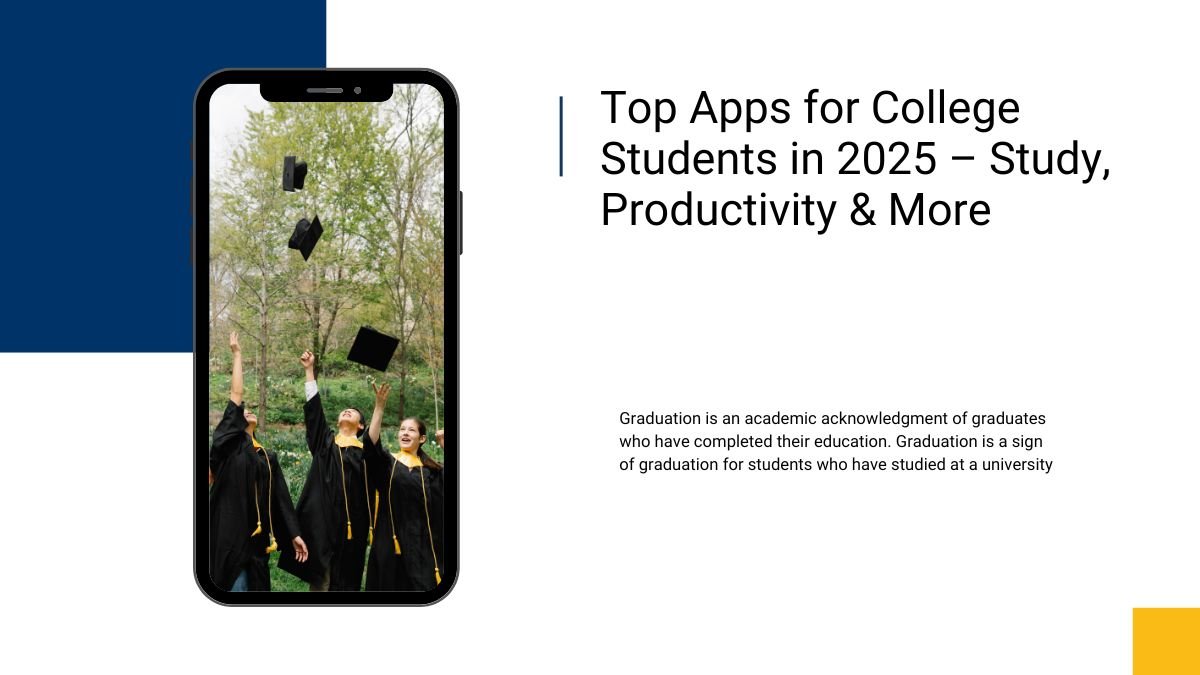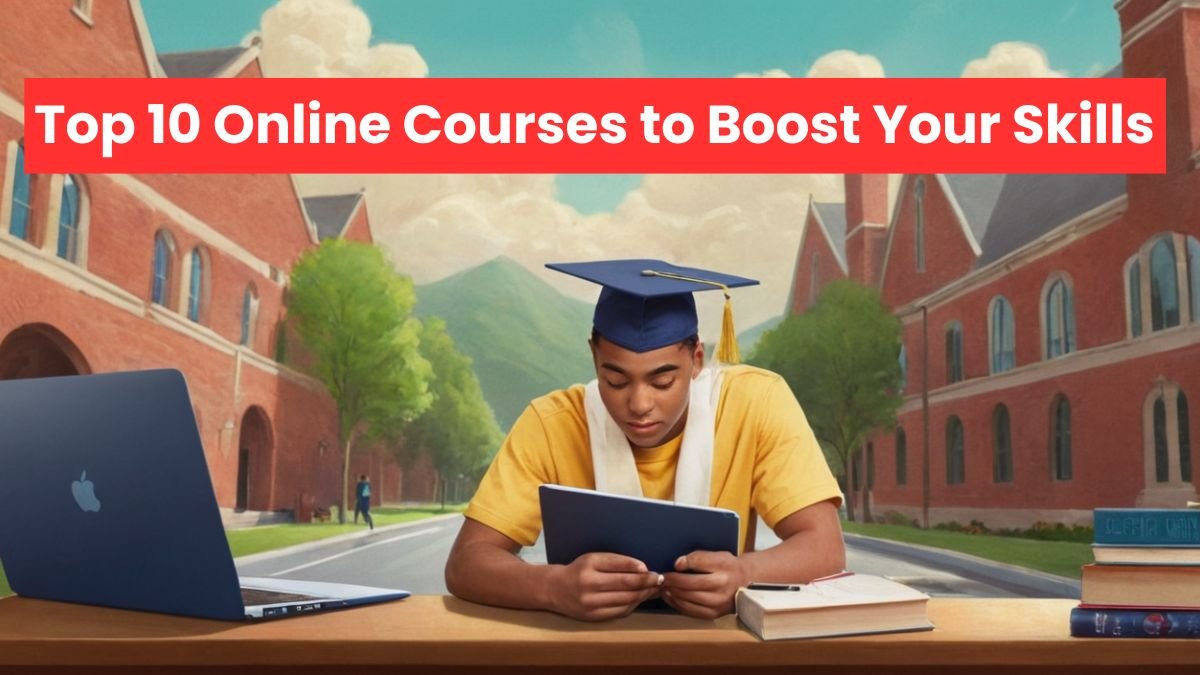Do you ever feel that the results you are getting do not match the amount of study you are doing?
Have you ever thought that maybe your study habits are not working? If yes, then you are not alone. Many students, when they move from school to college, feel that the methods they used in school are no longer working.
College studies are quite different from school — classes are bigger, teachers do not guide you personally, exams have more weightage, and the level of study is also more in-depth. This does not mean that there is any deficiency in you, but now you have to adopt a better and effective way of studying.
Just reading is not studying
Often we think that reading books or revising notes is studying. But just reading again and again does not make the information sink deeply in the mind. This is just superficial repetition, which leads to quick forgetting of things.
Take an example – If you read a poem again and again but don’t understand the meaning behind its words, then the information won’t stay in your memory for long. Similarly, reading textbooks is important but it is like ‘pre-study’. Real study happens when you connect with the information, think about it, try to use it.
How to study actively?
- Make your own study guide for each topic.
- Consider yourself a teacher and read aloud as if you are explaining to others.
- Connect each concept with examples from your life.
- Make diagrams, maps and mind maps.
- Solve questions in technical subjects and explain each step.
- Understand the main ideas in non-technical subjects (like history, psychology) and compare them.
Understand the Study Cycle
Frank Christ’s “Study Cycle” is a great way to break down your studies into steps. It consists of five steps:
- Preview: Read the book or notes before class.
- Attend Class: Listen carefully and ask questions.
- Review: Revise the same day after class.
- Study: Understand the topic in depth, memorize it.
- Check Understanding: Test yourself.
If you skip any of these steps — like not studying before class — you miss out on the potential for double learning.
Spacing Out is Smart
Several studies have found that breaking up your studies into smaller chunks is more beneficial. This is called “Distributed Practice.”
For example:
- Instead of solving all the math problems in one night, solve two problems each day.
- Read your history class notes for 15-20 minutes every day.
This will keep you from getting tired and gradually the information will get ingrained in your mind.
An easy way:
Make a To-Do List for each day, with some tasks for each subject. This will keep you connected to each subject and you will not have to work day and night for any one subject before the exam.
Learn more in less time: Intense and focused study
Studying for long periods of time without a break makes you tired and distracted. Instead, plan “Intensive Study Sessions” of 30-45 minutes.
What to do?
- Dedicate yourself to studying for 45 minutes.
- Take short breaks in between – 5 to 10 minutes.
- Ask yourself questions, answer yourself.
This method keeps your mind active and improves the quality of studies.
Take care of the environment while studying
Everyone has a different study place. Some like the silence of the library, while others like to study with soft music.
What is right for you?
- If you are unable to study in silence, go to a bustling environment – like the cafeteria or the hostel common area.
- It does not have to be completely silent, but there should be no distractions either.
Don’t be afraid of problems – make friends
In technical subjects (such as maths, accounts, physics), problem solving is more important than reading the book.
What to do?
- Understand the questions solved in class properly.
- Go home and solve the same questions again and explain the steps aloud.
- Make a big list of all the problems asked in class and solve them yourself.
Avoid multitasking
Social media, WhatsApp, games – all these weaken your concentration while studying.
What to do?
- Switch off your phone during study time or put it on ‘Do Not Disturb’ mode.
- If you have to study online, use distraction-preventing apps.
- Promise yourself a 5-minute social media break after 30 minutes of study.
Study by changing places
If you start getting bored of studying at the same place repeatedly, then change your place.
For example:
- Sometimes go to the library, sometimes study in the cafeteria.
- Sometimes studying in bed can make you sleepy, so avoid such places.
- Sometimes just changing the environment refreshes the mind.
Consider yourself a teacher
When you teach yourself the way you explain to someone else, your understanding develops deeply.
How to do it?
- Read a topic aloud with your notes.
- Ask yourself questions, answer them.
- If you want, you can make a study group with your friends and teach each other.
- Make a quiz for yourself and say the answers aloud.
Manage your time yourself
Plan your week yourself.
Do these things on one day every week (like Sunday):
- Next week Make a to-do list for each class.
- Estimate the number of hours you have.
- Accordingly, allocate time for study and assignments.
- Go to bed every night planning how you want to spend the next day.
This will help you wake up every morning without confusion and be more productive.
Don’t take easy weeks for granted
When there is less work, think of it as “Calm before the Storm”. Use that time to prepare for the future.
What to do?
- Start bigger assignments.
- Revise previous topics.
- Review the studies for the coming weeks.
Reading a little bit of each subject every day will keep you stress-free and you will not need to do a lot of preparation.
Conclusion: Find your style, and study smarter
Every student has a different study style. Some like to study in silence, some like group study. Some are visual, some are audio or kinesthetic (hands-on learners). Your goal should not be to study for more hours, but to understand how and what to study. Find your own method, study actively, avoid distractions, and most importantly — treat studies not as a burden but as a practical skill that will help you throughout your life.









